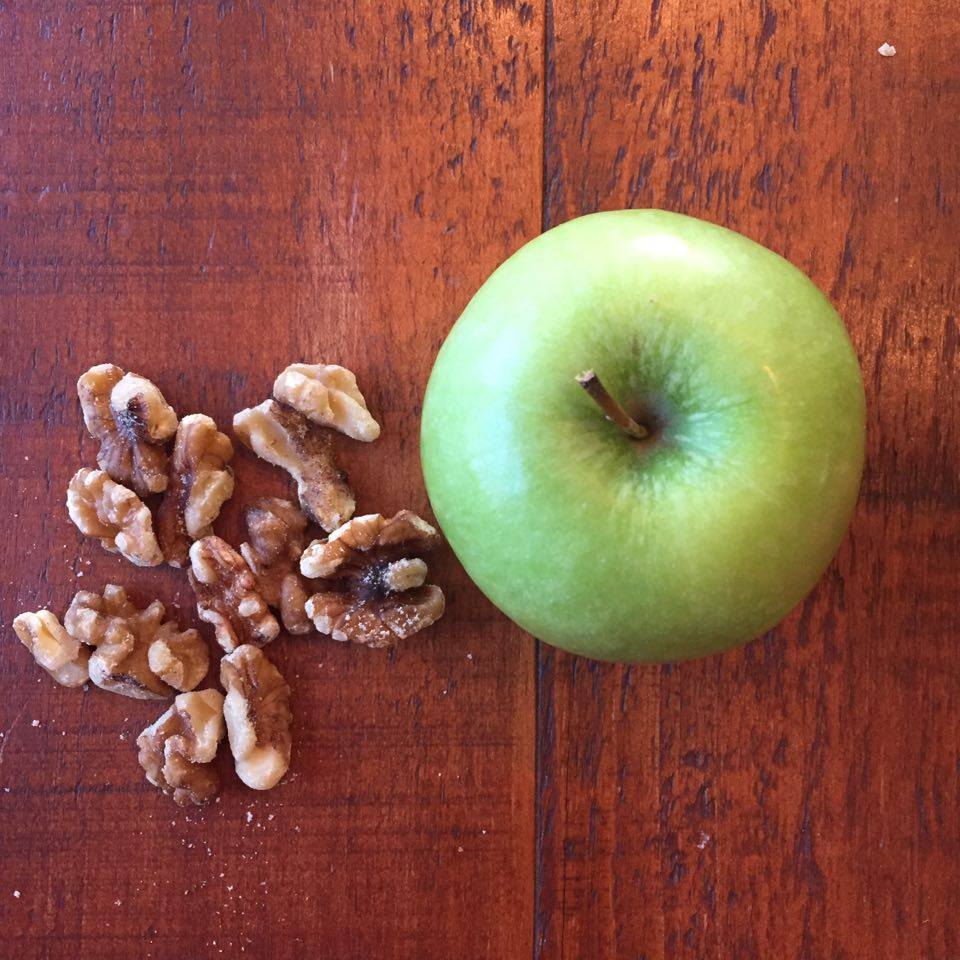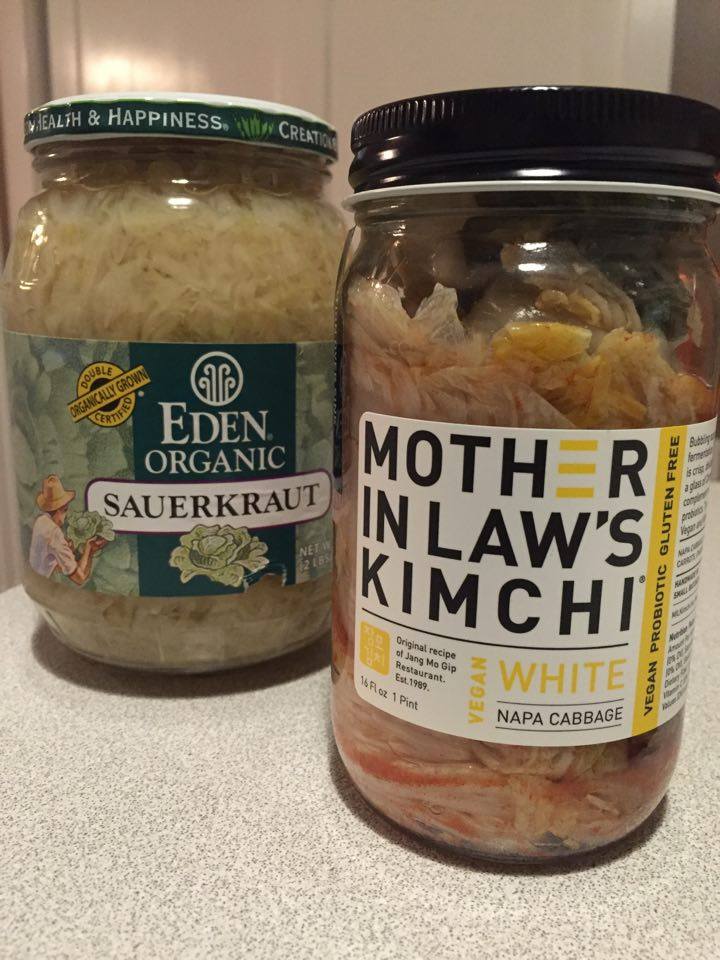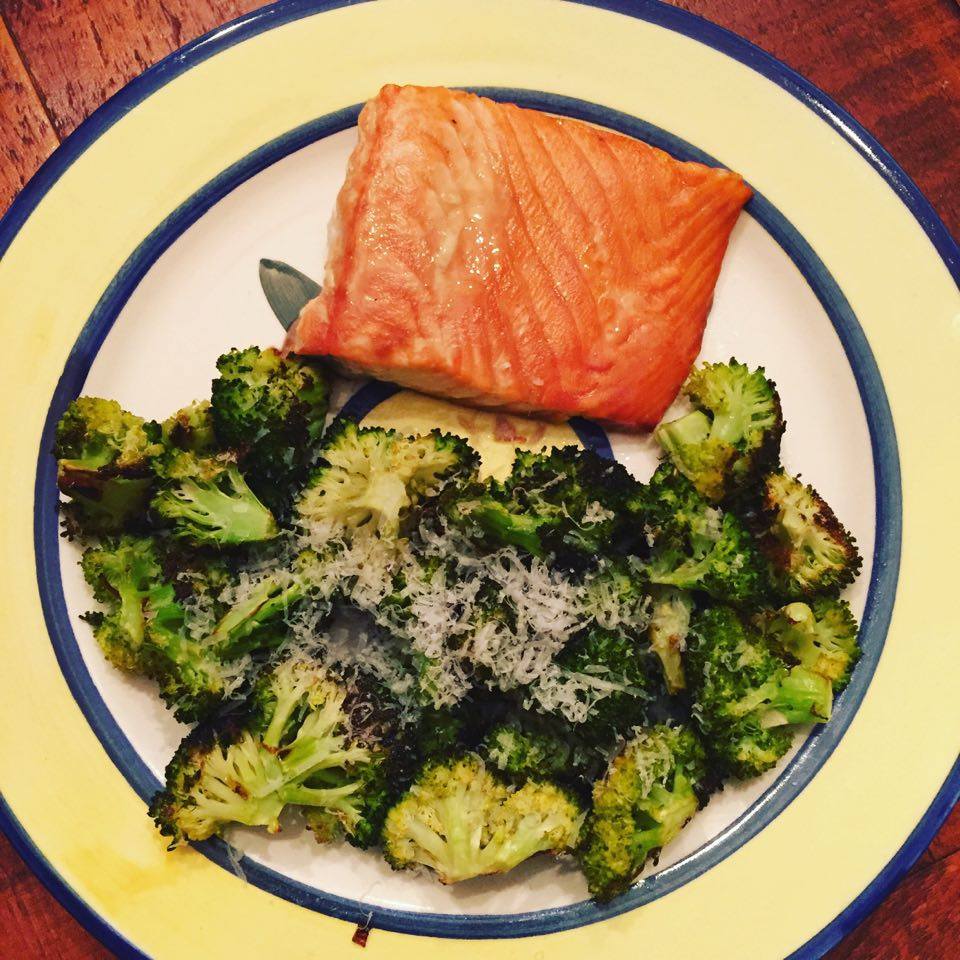Okay, I’m about to throw you a curve ball. Ready? It’s possible that the reason you are having such a hard time losing weight is because the bacteria living inside your gut are out of balance.
Until recently, it was assumed that these bacteria (our microbiome) didn’t do much. But now there is a growing body of research suggesting that the 100 trillion bacteria – about three pounds – living inside our gut play a huge role in our health and disease. Researchers believe that this is especially true for the metabolic diseases that plague us today such as Type 2 diabetes and obesity.
Exactly how the microbiome influences our weight isn’t known yet, but many researchers believe that it plays a role in processing food and helps determine how many calories and nutrients are absorbed. Certain intestinal microbes may also alter our insulin (a hormone) influencing the way fat is metabolized in our body.
It’s complicated and we have much more to learn about this extremely complex system living inside us. We don’t have enough hard facts to make specific recommendations on the best probiotic (healthy bacteria) supplements for weight loss. There are literally thousands of different bacteria and they interact with each other in ways we don’t understand. Therefore, probiotic supplements that claim to promote weight loss are premature. What we do know however is that our dietary habits can have a dramatic impact on the mix of beneficial and harmful bacteria in our gut.
Here are five simple steps you can take to support a healthy gut – inside and out.
1. Eat more fiber. Eating fibrous plant foods is an important strategy for improving the robustness of gut bacteria by providing raw material for fermentation which feeds them. The diversity and number of plants you eat will be reflected in the diversity and number of bacteria in your gut; the more the better. Aim for at least 20 to 30 grams of fiber a day; two to three servings of fruit, four to six servings of veggies, two to three servings of whole grains, nuts and beans several times a week. Always be sure to drink plenty of water to work along with the fiber.

2. Make friends with fermented foods. Fermented foods deliver probiotics (live bacteria and yeasts that are good for your health). Greek yogurt and kefir, a tangy dairy drink that’s packed with healthy bugs, are a good start. Look for products that say “live and active cultures” on the label and avoid those with added sugar that can feed undesirable bacteria. Other gut health foods containing powerful probiotic include naturally fermented sauerkraut, kimchi, and pickles; they contain both live bacteria and prebiotics (see below) that nourish good gut bacteria and support a healthy body weight.

3. Include prebiotic foods. Prebiotics are a type of soluble fiber found in certain plant foods that act as “food” for probiotics. They are like fertilizer helping probiotics grow and flourish in your gut. Prebiotic-containing foods include Jerusalem artichoke, garlic, leek, asparagus, and banana. Eat some type of prebiotic food every day.

4. Eat less meat. A diet heavy in animal protein feeds a type of bacteria called Bilophilia that has been linked to inflammation in animal studies; and chronic inflammation is a major contributor to obesity. If you are a meat-lover, it’s fine to include it in your diet but think of it as the side dish rather than the main course. At least 3/4 of your plate should be filled with plant foods.

5. Skip the sugar. Sugar feeds the undesirable gut bacteria and causes them to thrive. Studies have shown that a diet high in added sugar can lead to overgrowth of yeast species and other pathogenic bacteria. For the good bacteria to thrive, they require complex carbohydrates like vegetables, beans, and whole grains – not sugar. So, when you get too many calories from added sugar (the average person eats more than 22 teaspoons a day!) the good bacteria will go hungry and eventually die off allowing for an overgrowth of the bad bacteria. Stick with whole foods as much as possible and limit (preferably avoid) sugary highly processed junk food.
If you haven’t already, be sure to grab my 10 proven (non-diet) strategies today by clicking here.
If it’s finally time to start eating healthier, check out Nourished.Healthy.Happy. Join our group and receive healthy eating tips, delicious recipes, and daily support to live your best life. Everyone is welcome!
I’d love to help you eat healthy, lose weight, and feel awesome every day.
Let’s start with a conversation!
Call me at 732-494-1149 or send me an email.
Lorraine Matthews-Antosiewicz, MS, RD



Obesity is a multifactorial situation. A cute example was recently on “The Doctors”. I pretty much specialize in “obesity” – the biochemistry, the adult ed, the behavioral change and I thought I had heard my share. But, get this one, the latest and greatest cause of obesity girls. . .DUST!! Don’t you love it! Now we can blame our muffin tops on our dust balls. Got to love this job. . .ha ha ha
Dust causing obesity?! Hmmm…how does that work?